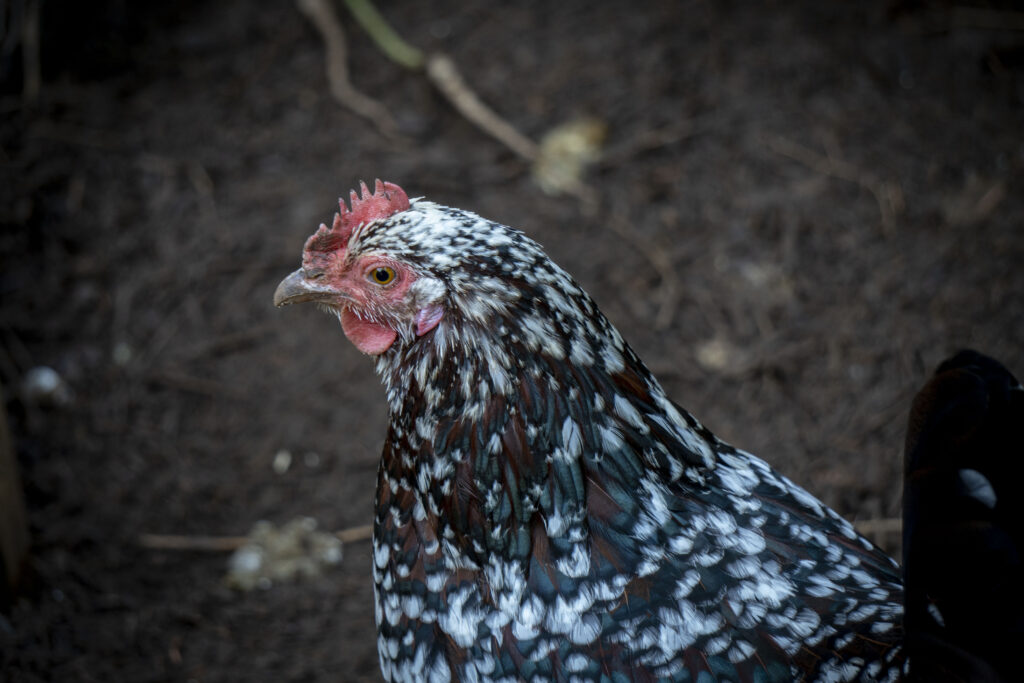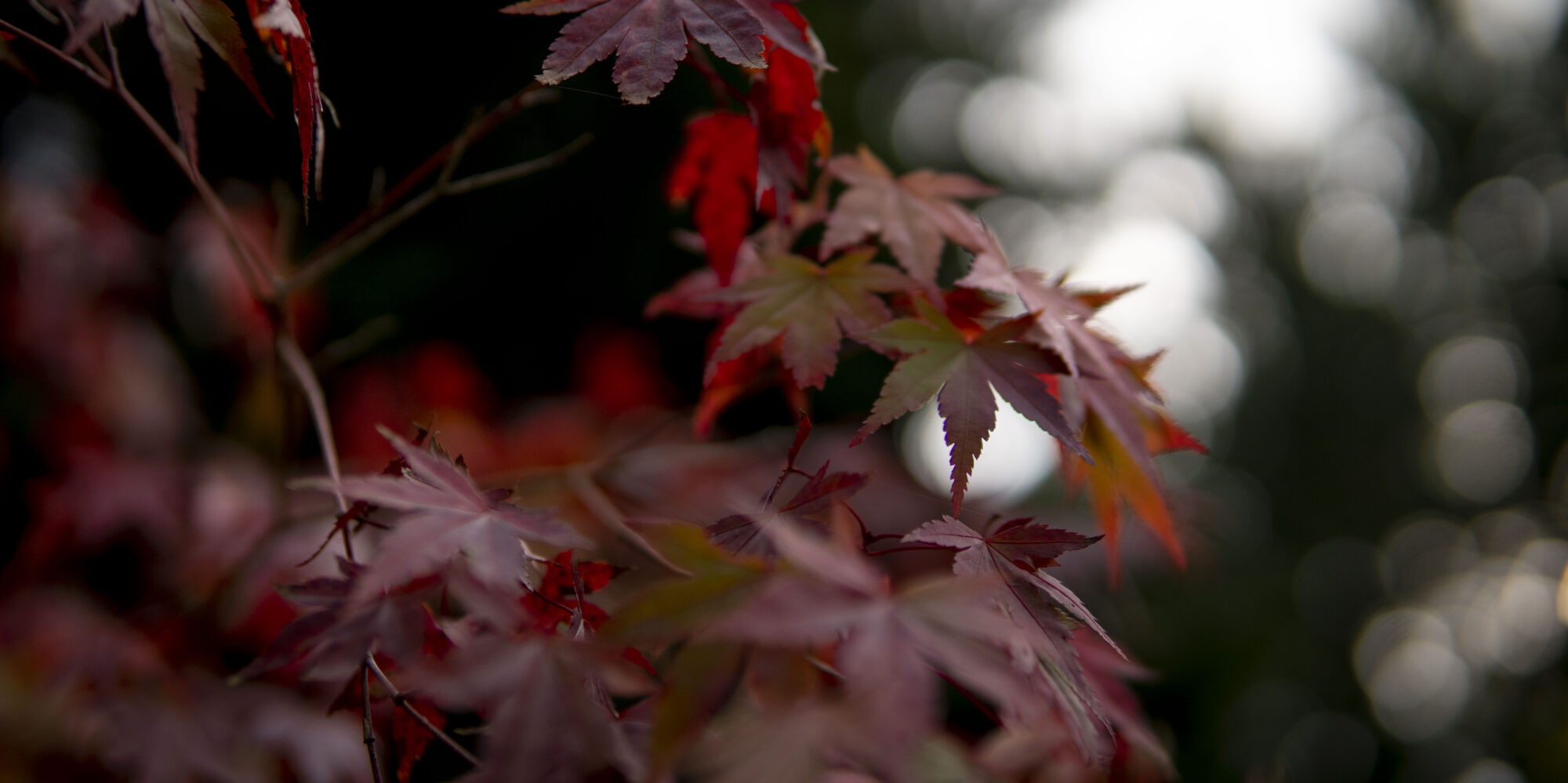There are signs of spring’s arrival long before its declaration on the equinox. Chickens seem to intuit it as soon as we turn the bend with the winter solstice, waiting – out of respect for the Holidays maybe – just long enough for the start of the New Year to begin laying eggs again. Snow-dusted trees and perennials seem barren from a distance, but close-up reveal a covering of little pink and green bumps that will soon become new growth and leaves. And almost overnight, bare patches of soil are perforated with the green vertical blades of spring bulbs.

I takes me a while longer than the chickens and the flowers to catch on, but I think I’m affected in much the same way. Almost instinctively, breakfast becomes a little earlier, and supper becomes a little later to pack more activity into expanding daylight hours. And despite the outside temperature being the same as it ever was, the sunshine on my skin feels warmer than it has in a long time. I can see why so many poets, philosophers, gardeners, and other quotable quippers seem to catch on to the notion of spring representing a light at the end of a cold, dark tunnel.
I think there’s a magic to the last days of winter that shouldn’t be ignored, though. In learning to prune apple trees with my grandfather, I once asked him why we work in the late winter, when they are dormant. He answered by telling me that we could prune them at any time, but winter is when we can see what we’re doing. Winter is our chance to guide the tree before it spends energy on new growth.
In the last days of winter, the pruning of excesses from prior seasons is done, but new growth is paused, waiting for just the right conditions. For a brief moment, empty spaces hold more significance than those filled with existing things, and our attention turns towards the potential those spaces hold. Light shines through in places that would ordinarily be shadowed, and we can see rough topography that modest Mother Nature would prefer to keep robed in green. Our inner minds follow much the same process, and just like how a forest becomes susceptible to disease, rot, invasive species, and fire when not managed, we become susceptible to bad habits, shame, conflict, and stagnation when we don’t take the time to allow the light to shine on our hidden areas from time to time.
